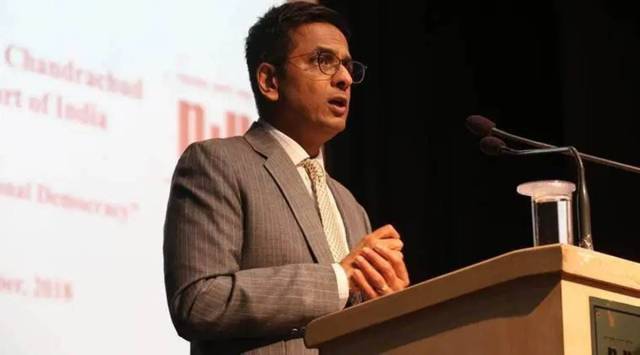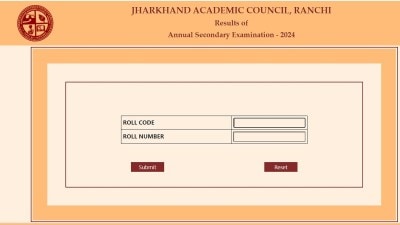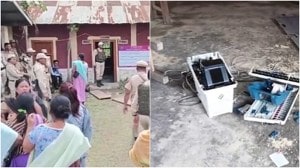- India
- International
Need to ensure greater accessibility for people with disabilities: Justice Chandrachud
Justice Chandrachud said that despite laws mandating disability-friendly infrastructure, public transport and other spaces continue to remain inaccessible to persons with disabilities.
 Supreme Court Justice D Y Chandrachud (File)
Supreme Court Justice D Y Chandrachud (File)Supreme Court Justice D Y Chandrachud Saturday called on government and private entities to work towards a more just world for people with disabilities while noting the lack of accessibility for them in public and other spaces.
“Government or private entities must ensure that laws and policies are being complied with. This is of foremost importance. In our individual capacities, the least we can do is accord persons with disabilities the respect they deserve and treat them as equals,” he said at the Professor Shamnad Basheer Memorial Lecture on “Making Disability Rights Real: Addressing Accessibility & More”.
Justice Chandrachud said that despite laws mandating disability-friendly infrastructure, public transport and other spaces continue to remain inaccessible to persons with disabilities.
“Some entities do not even pretend to comply with such laws while others comply with them in a desultory fashion, and only with a view to getting their building and occupancy permits. I have noticed that some ramps are so steep that an able-bodied person cannot walk down without falling over, let alone a person who uses a wheelchair or crutches,” he said.
Pointing to the need to work towards a just society which accounts for the needs of persons with disabilities and provides facilities to accommodate them, Justice Chandrachud said these facilities, which are known as “reasonable accommodations” in legal terms, must not be viewed with contempt or derision.

“It is incumbent on all institutions…governmental or private, and all individuals to do their bit to ensure a more just world for persons with disabilities,” he said.
Justice Chandrachud said: “Arbitrary restrictions on the exercise of legal capacity denies persons with disabilities equal protection before law, thereby depriving them of a whole host of rights including civil, political, social, economic, sexual, and reproductive rights.”
He added that though the Rights of Persons with Disabilities Act, 2016 mandates reservation of at least 5 per cent of the total seats for persons with benchmark disabilities in all government institutions of higher education and other higher education institutions receiving aid from government, most of these do not account for any “reasonable accommodation” that persons with disabilities might require.
On their right to work, he said: “It should not be limited to their participation in the workforce”.
“The constitutional precepts of the right to dignity and equality require public and private employers to do more to make their workplaces inclusive and accessible to them,” he said, adding that technology can play an essential role in creating inclusive and accessible workplaces.
Justice Chandrachud who heads the e-Committee of the Supreme Courts said the Committee “has been working to make the digital infrastructure of the Indian judicial system more accessible to person with disabilities’ and have introduced audio-captchas on the SC and High Court websites so as to make things easier for such persons.
Apr 19: Latest News
- 01
- 02
- 03
- 04
- 05





























